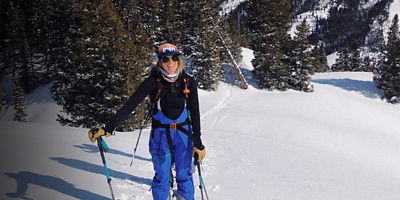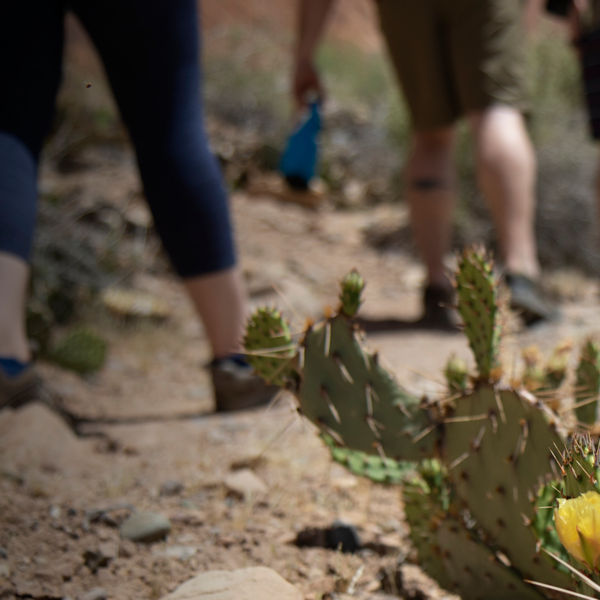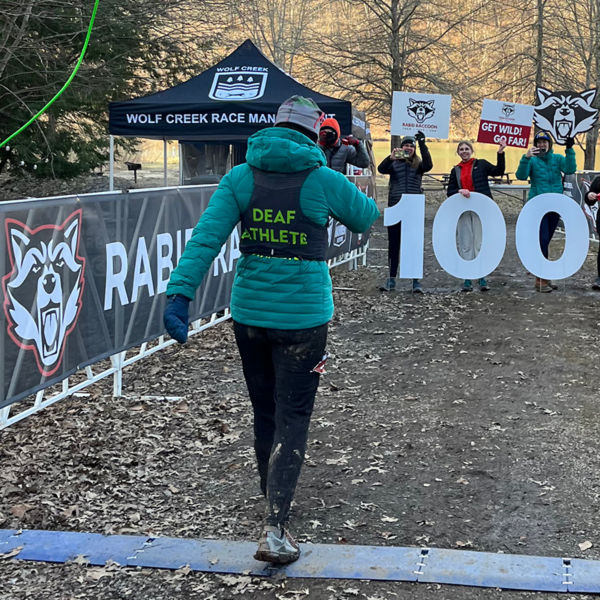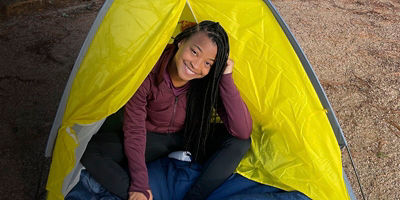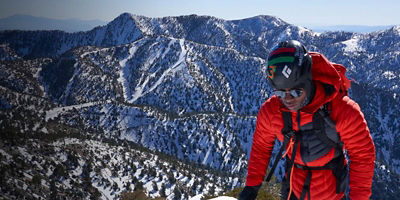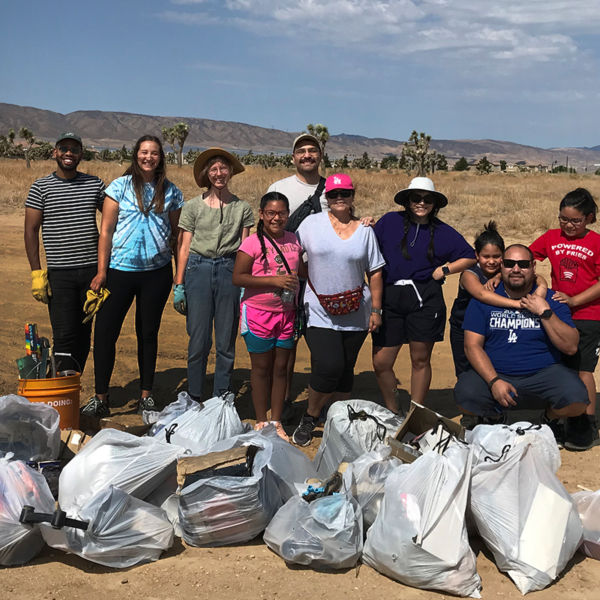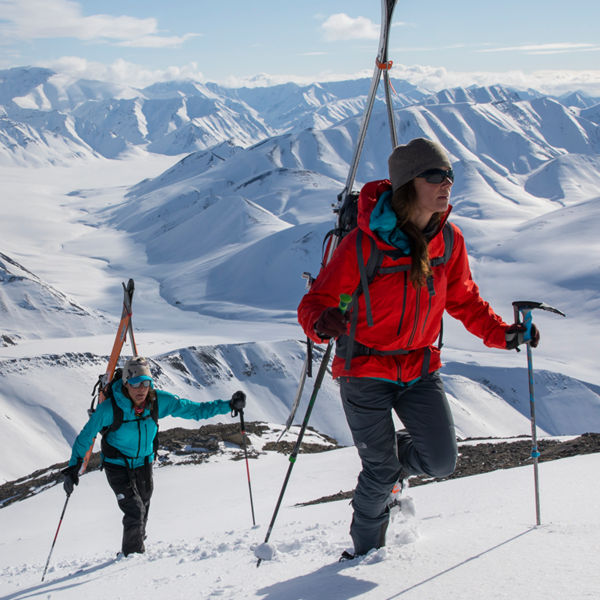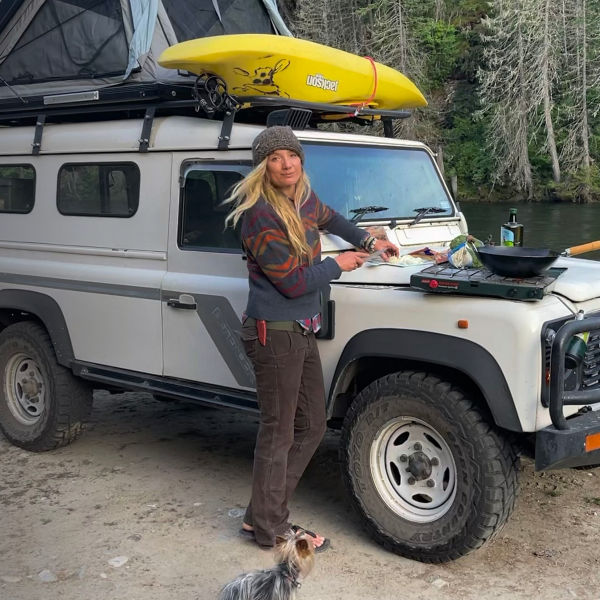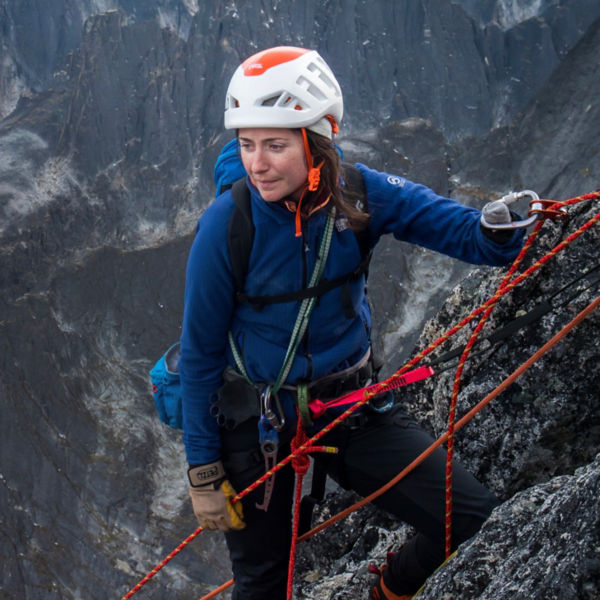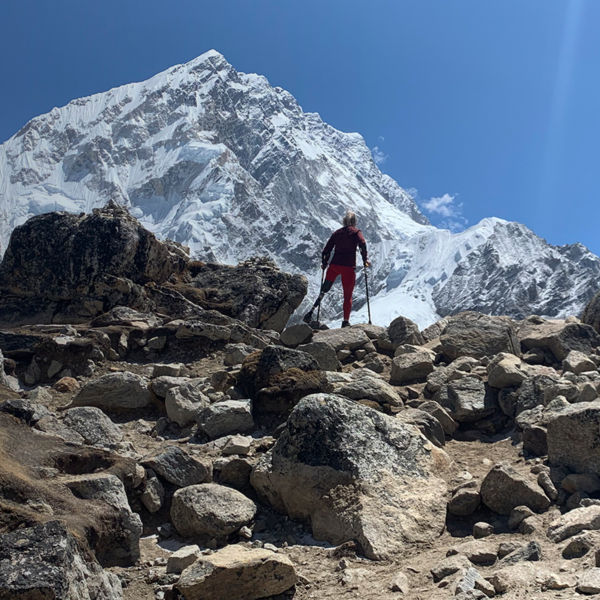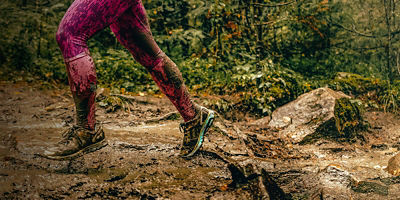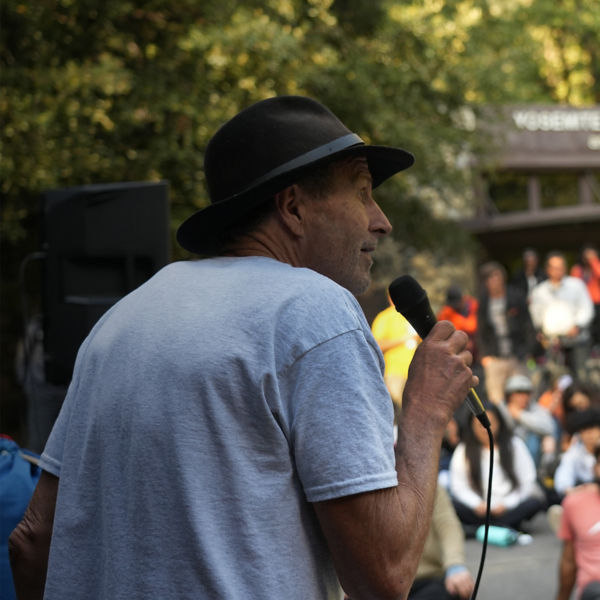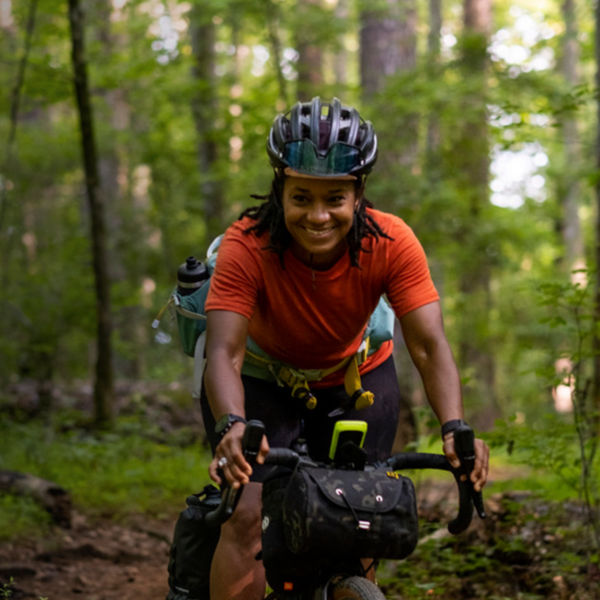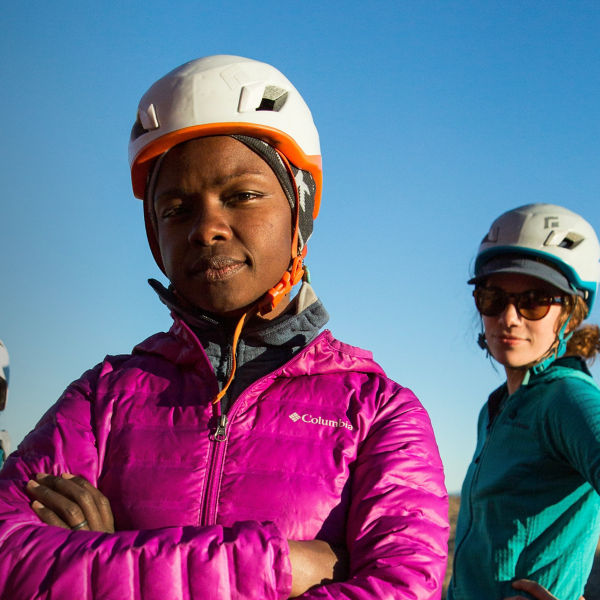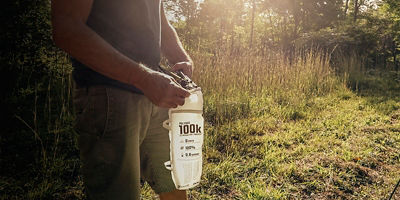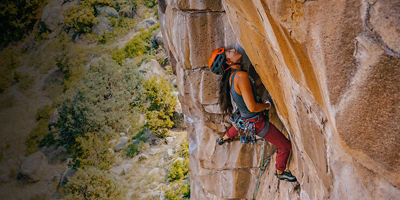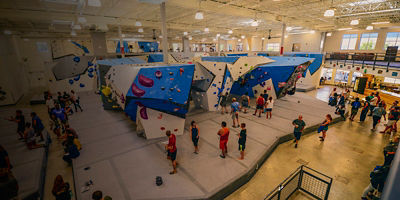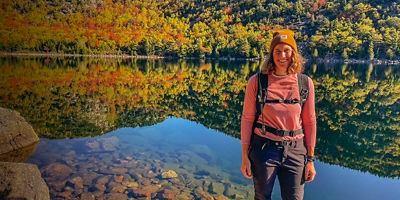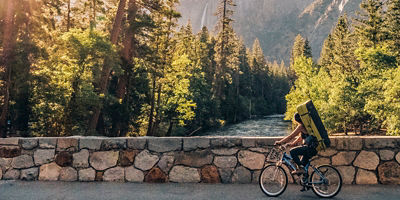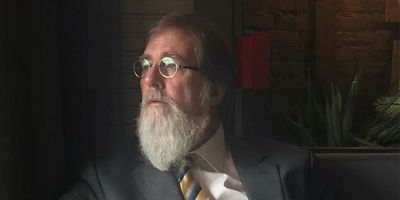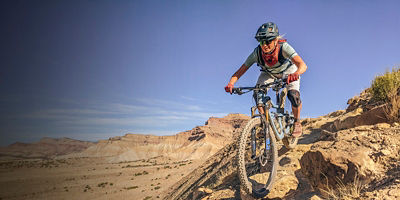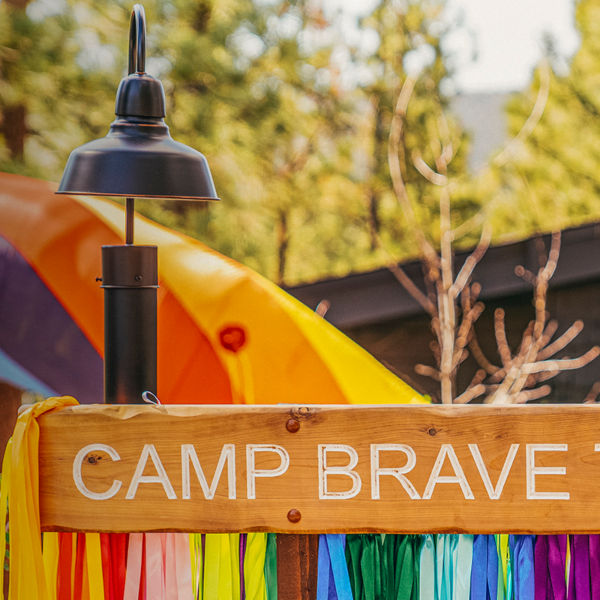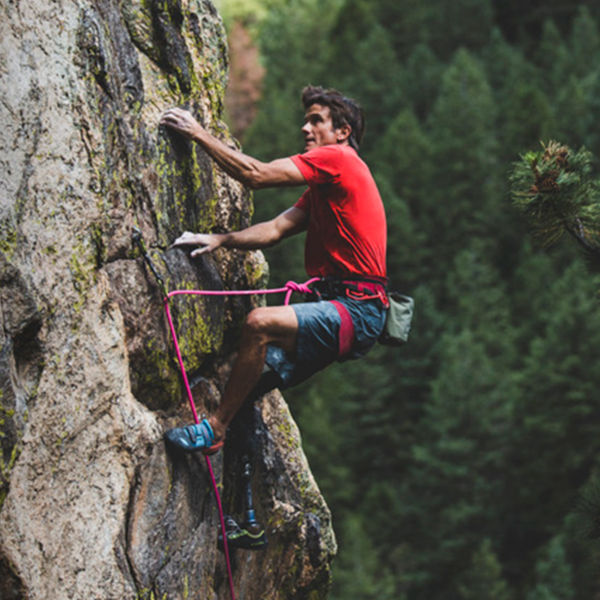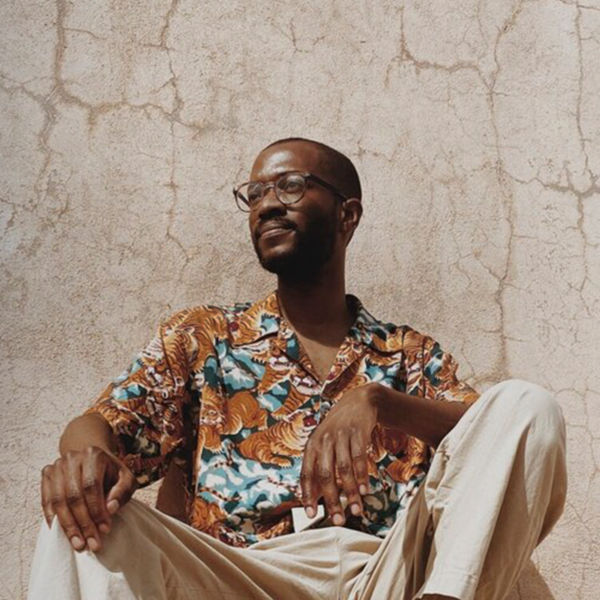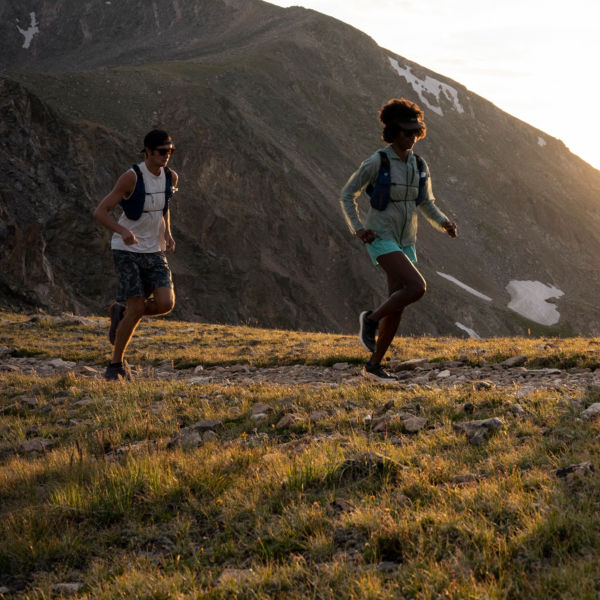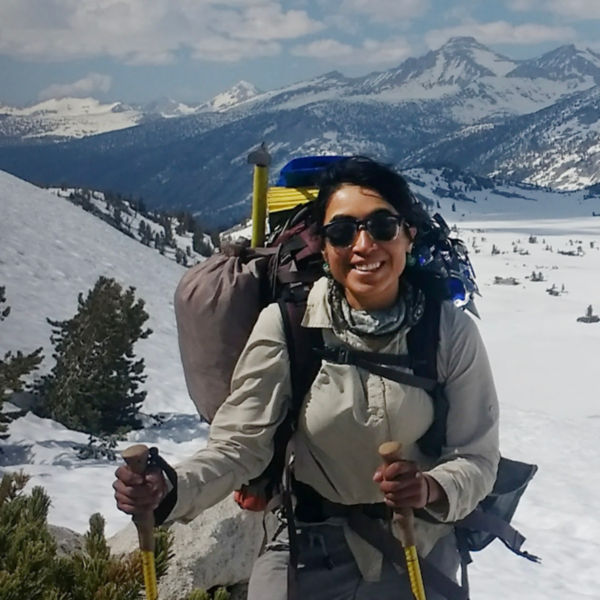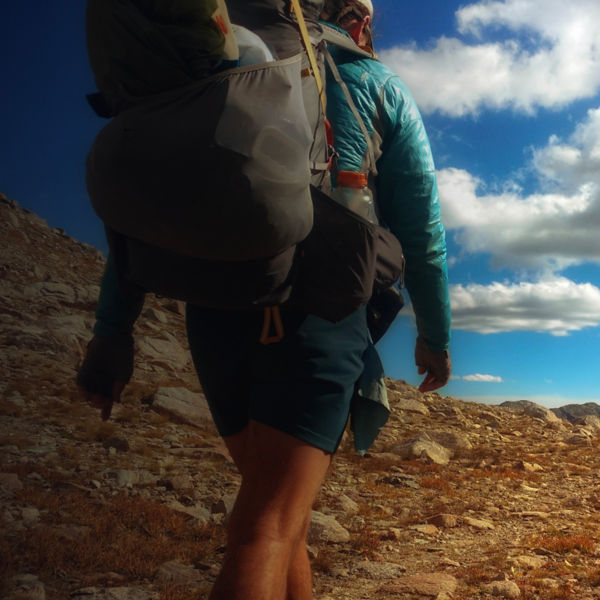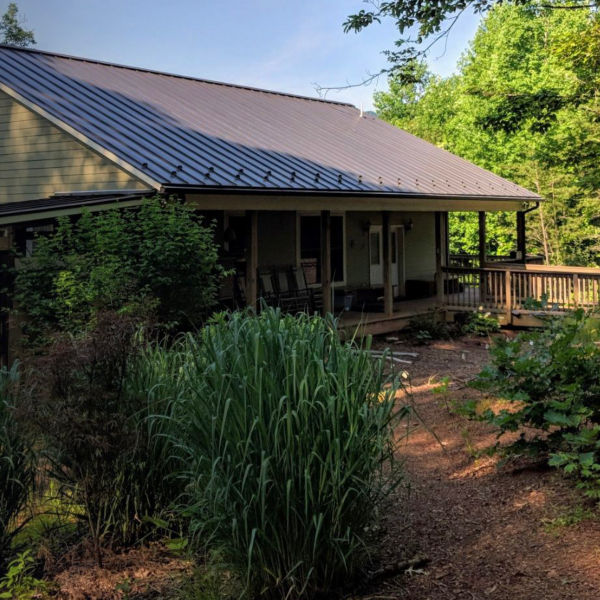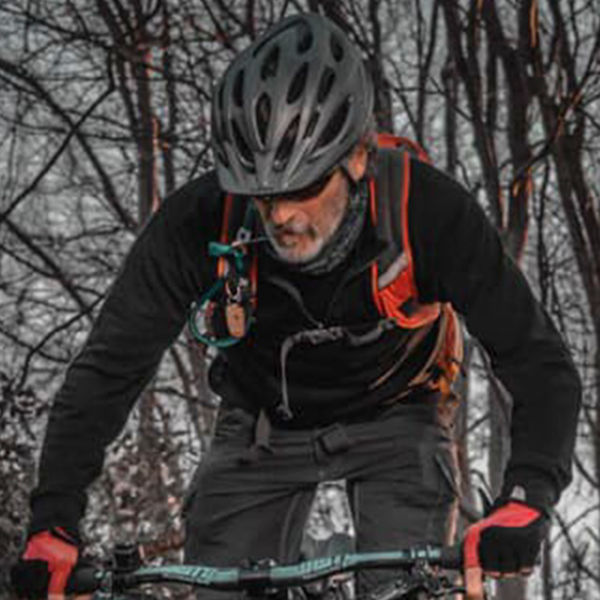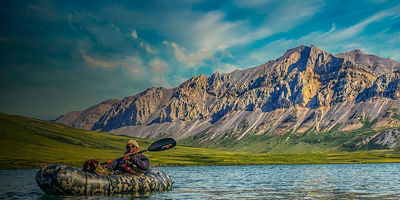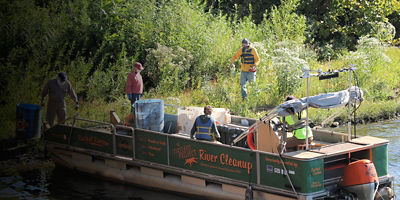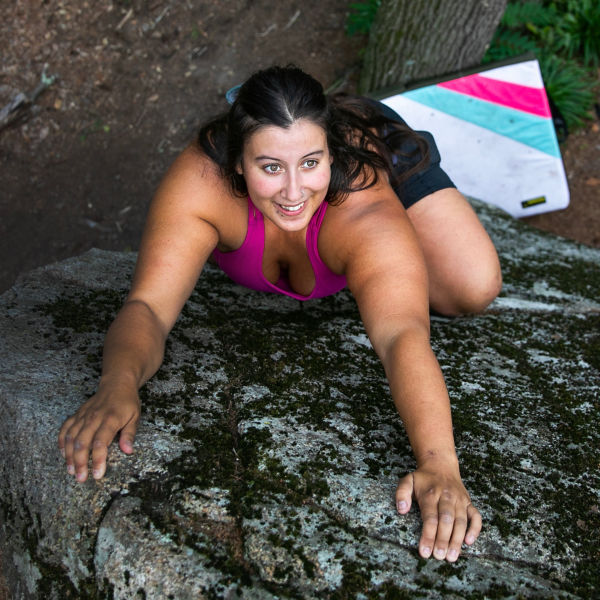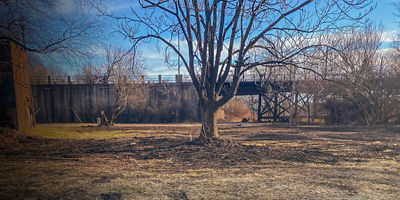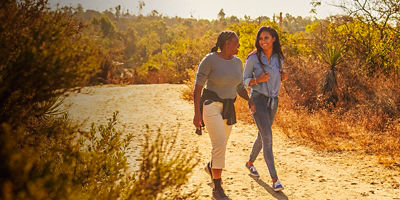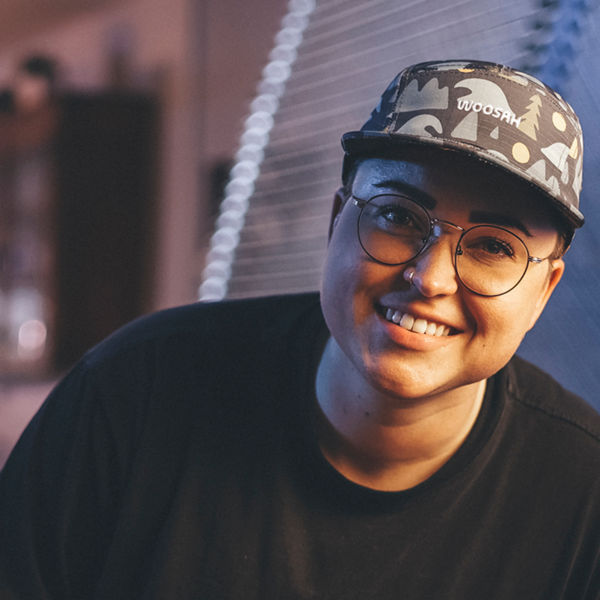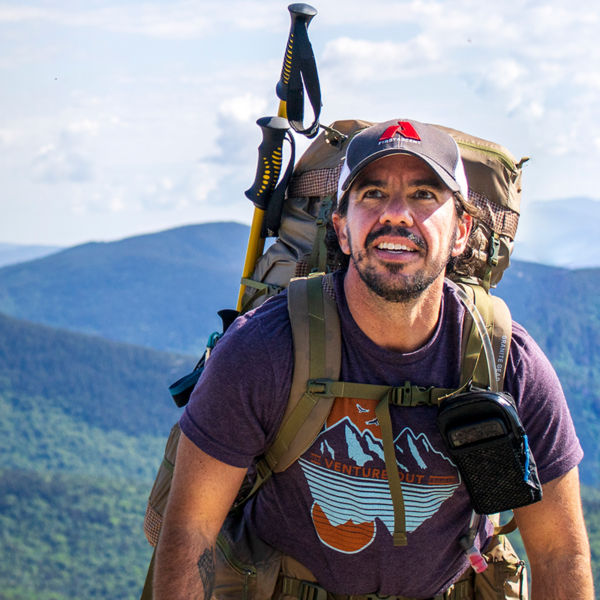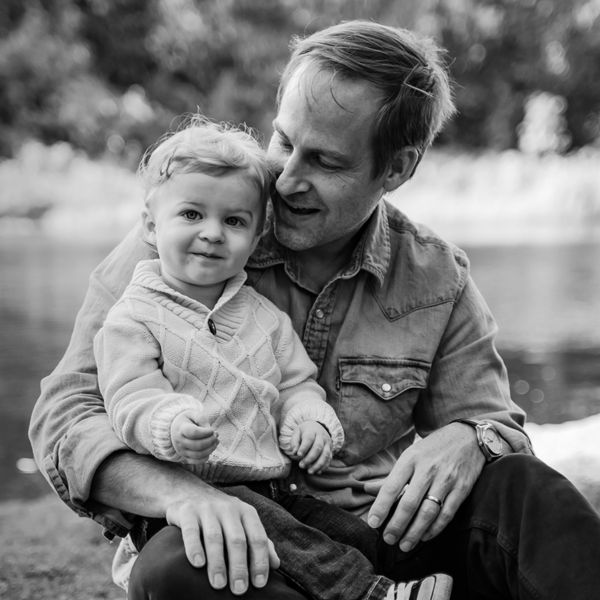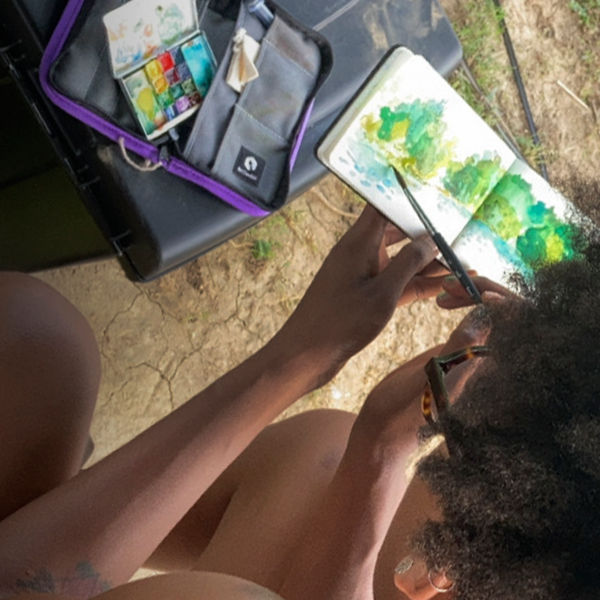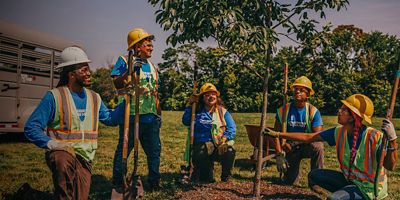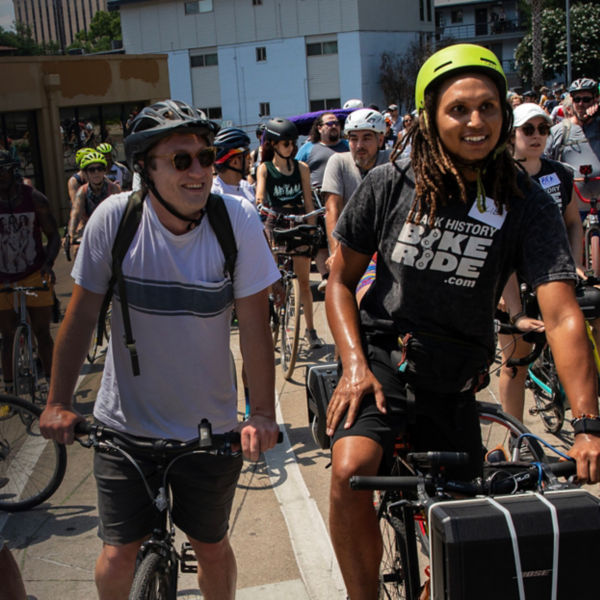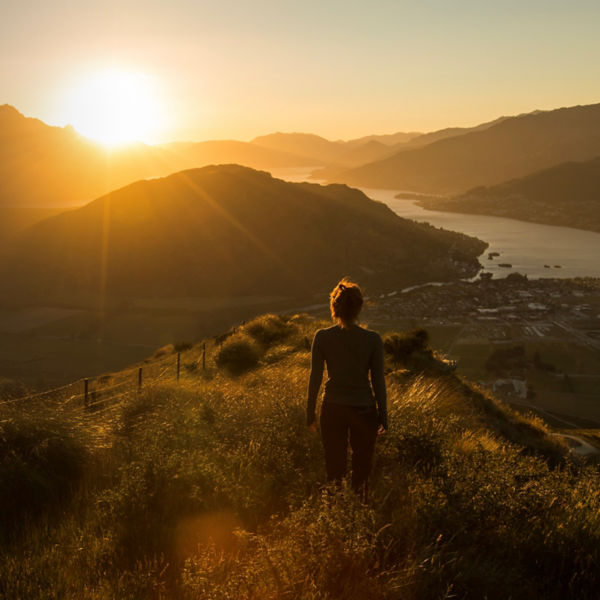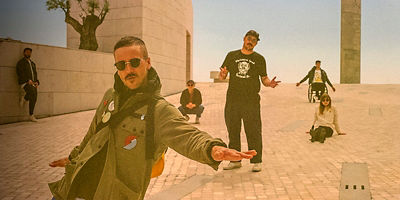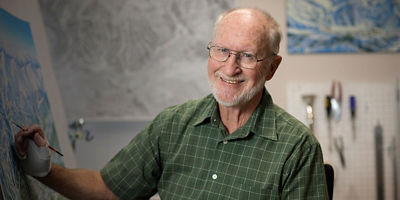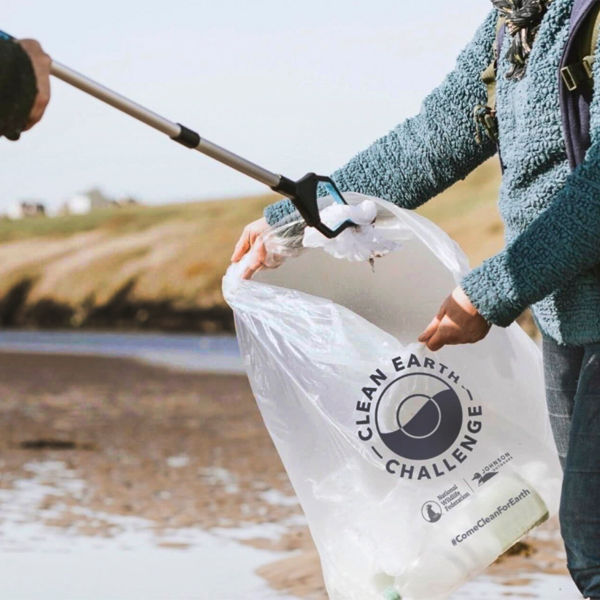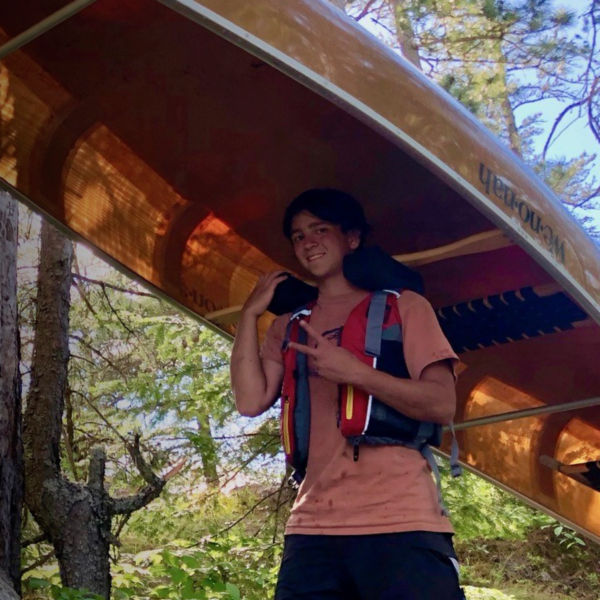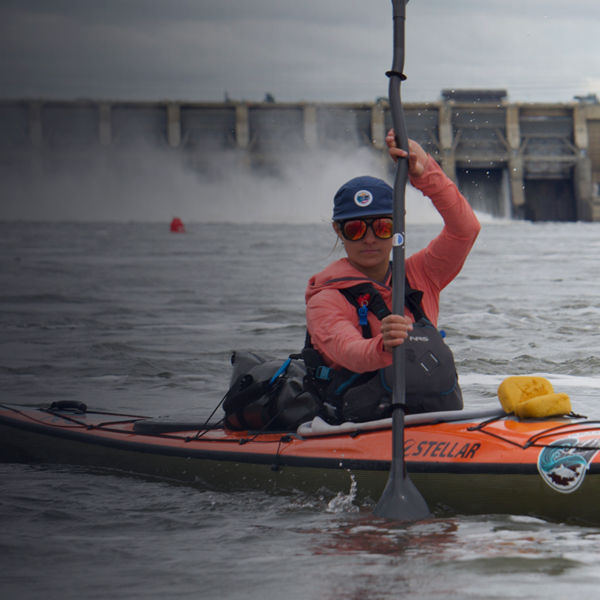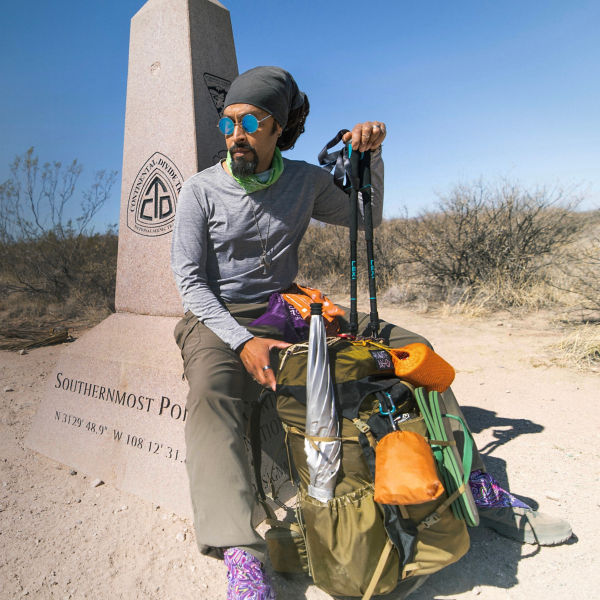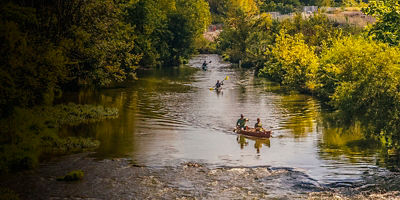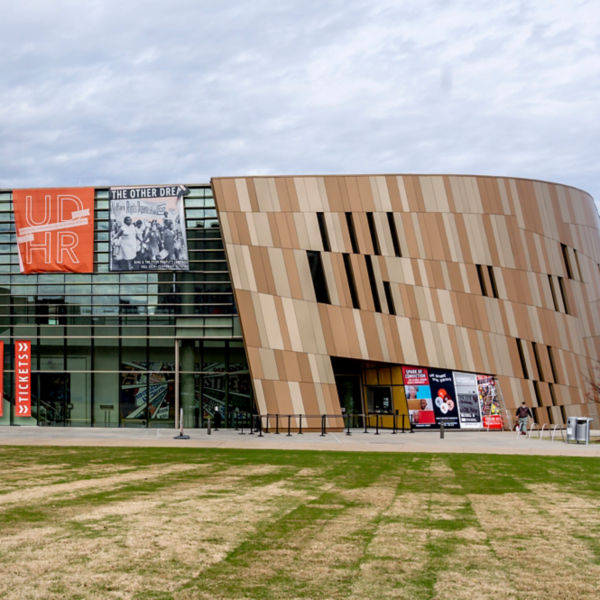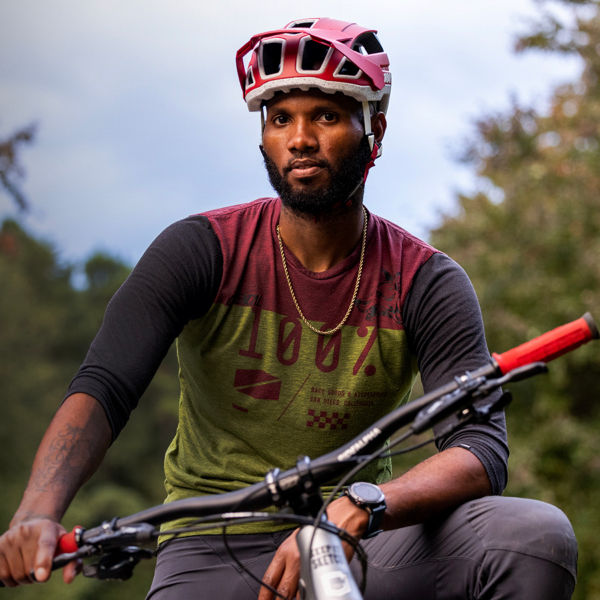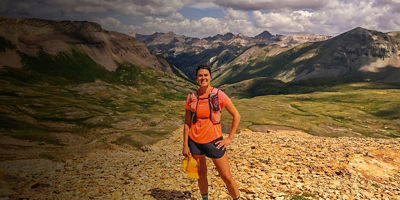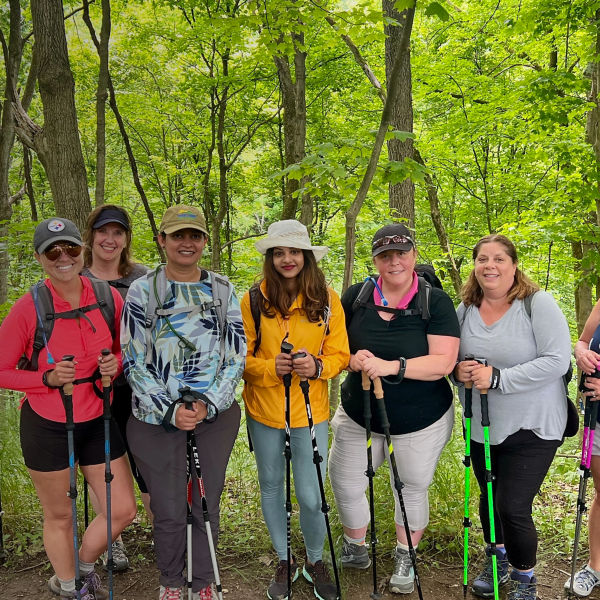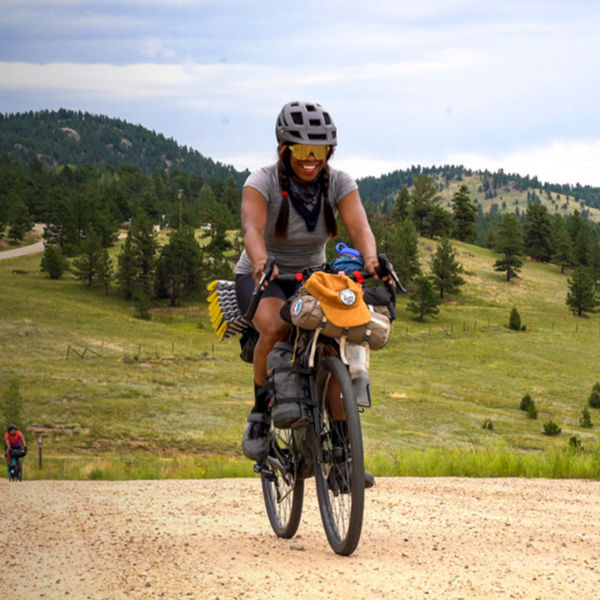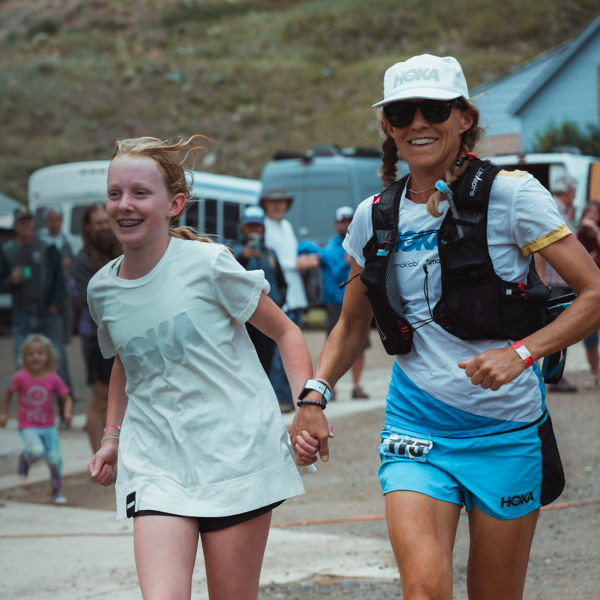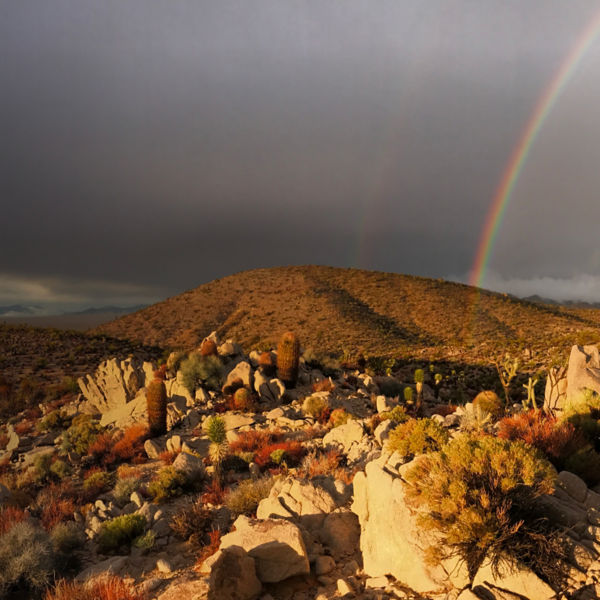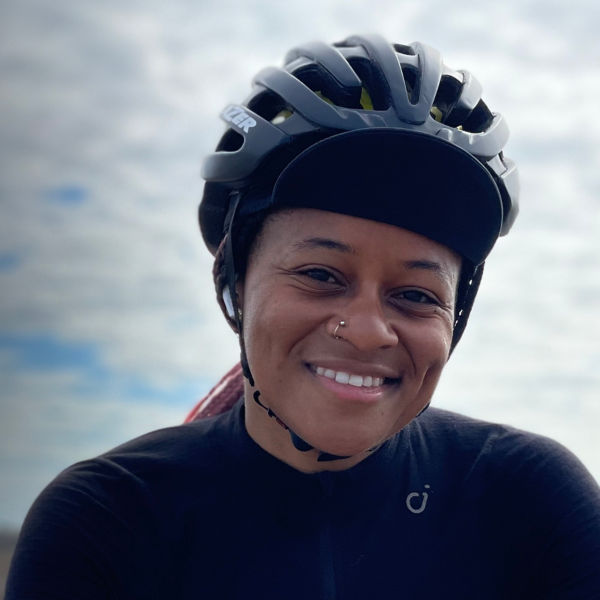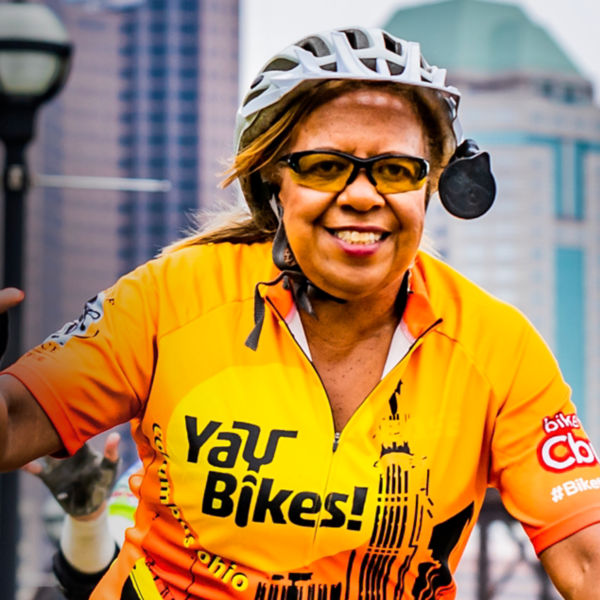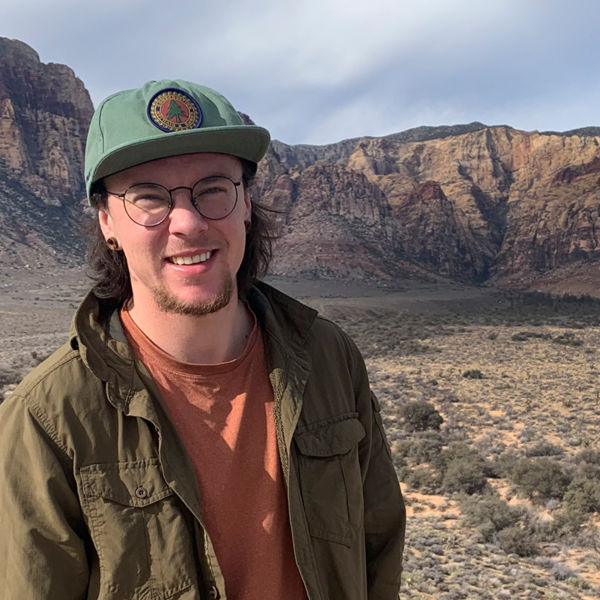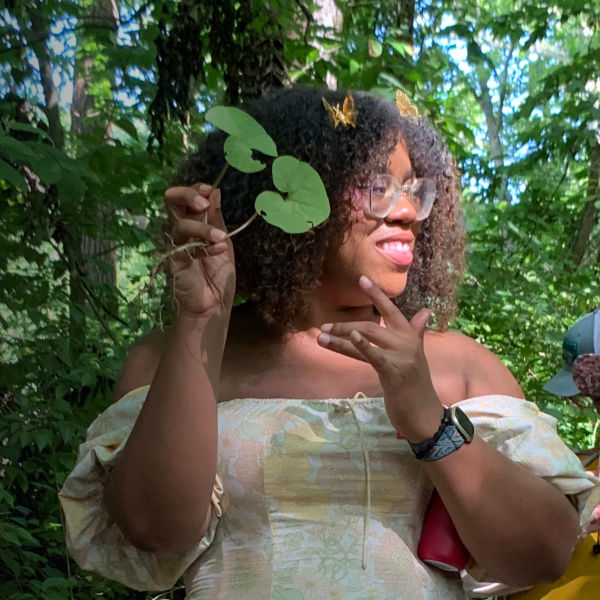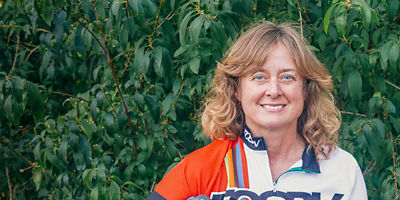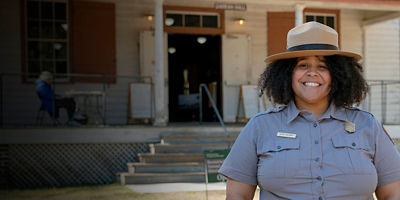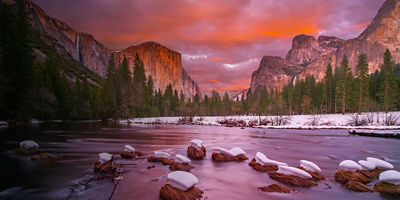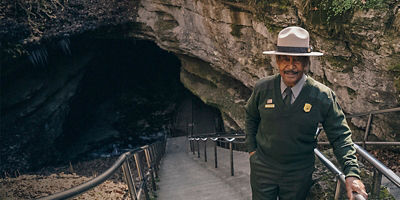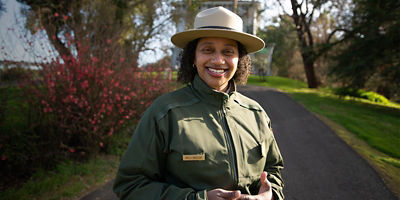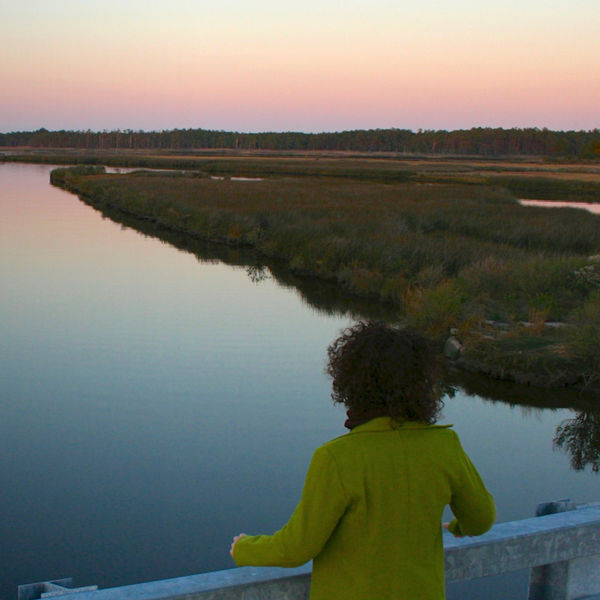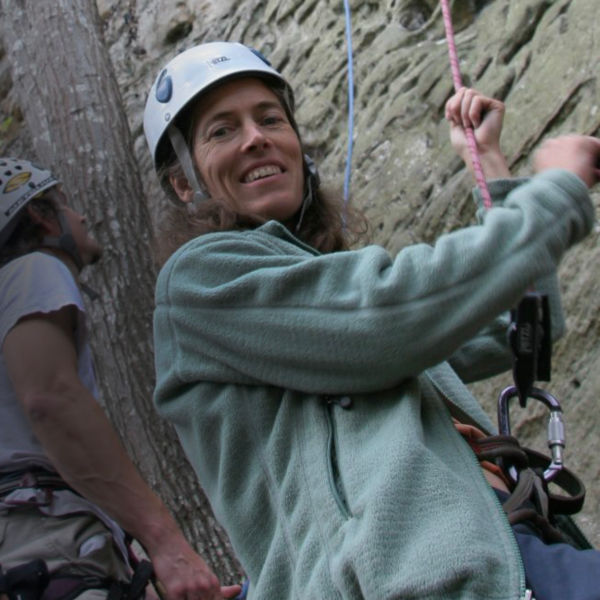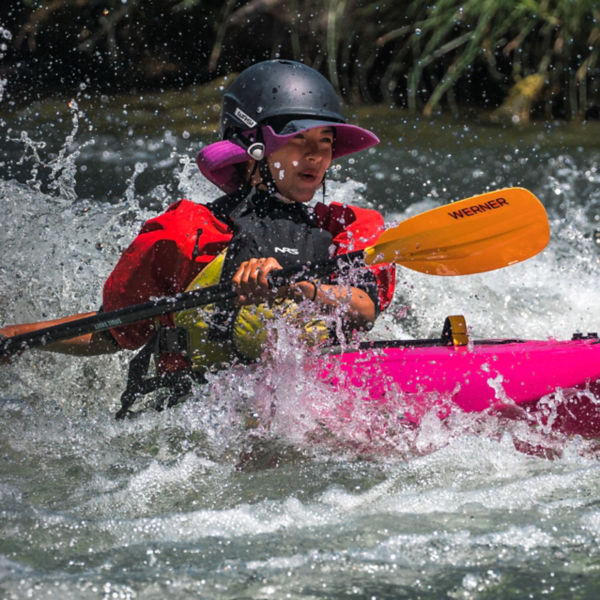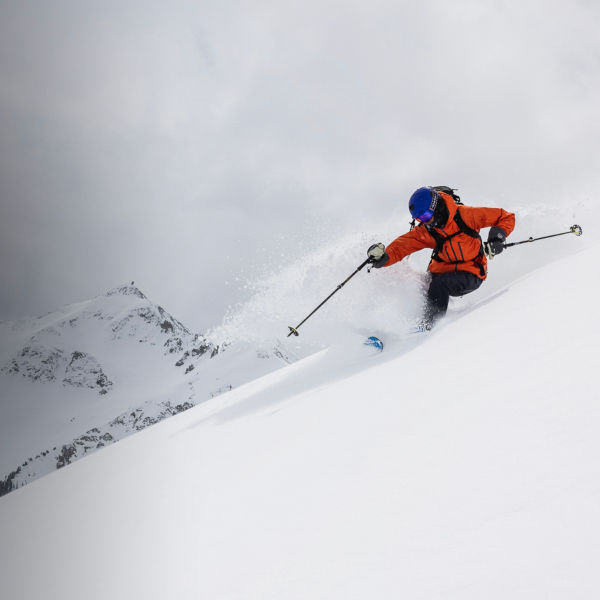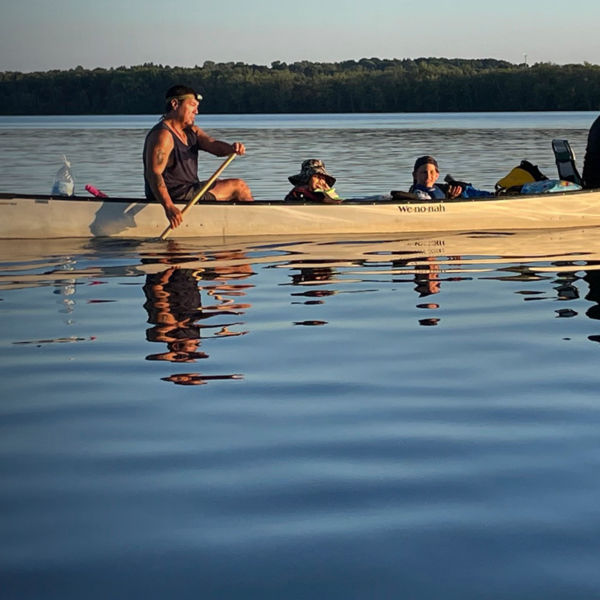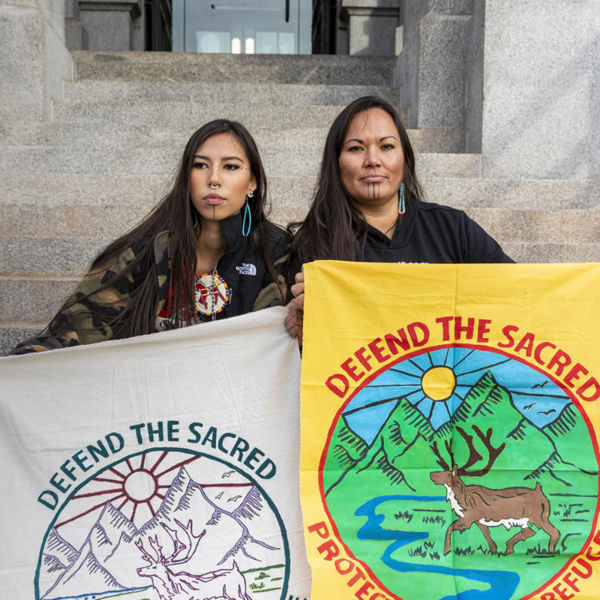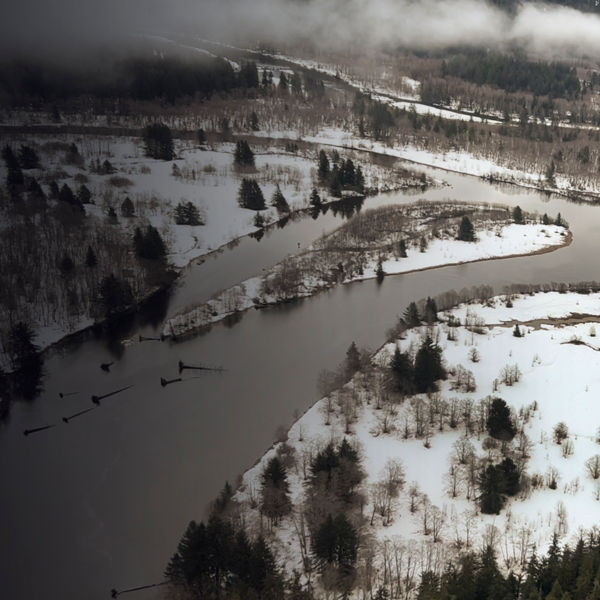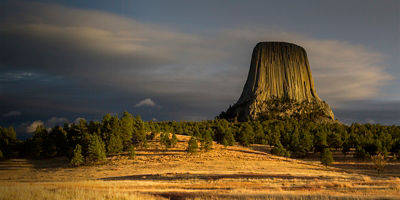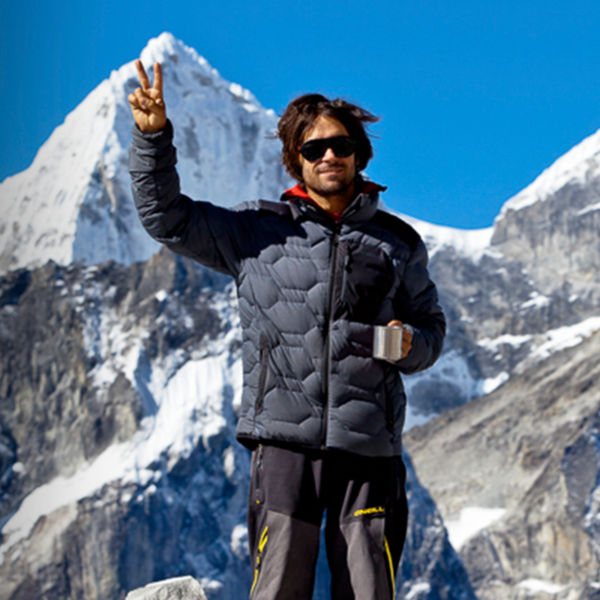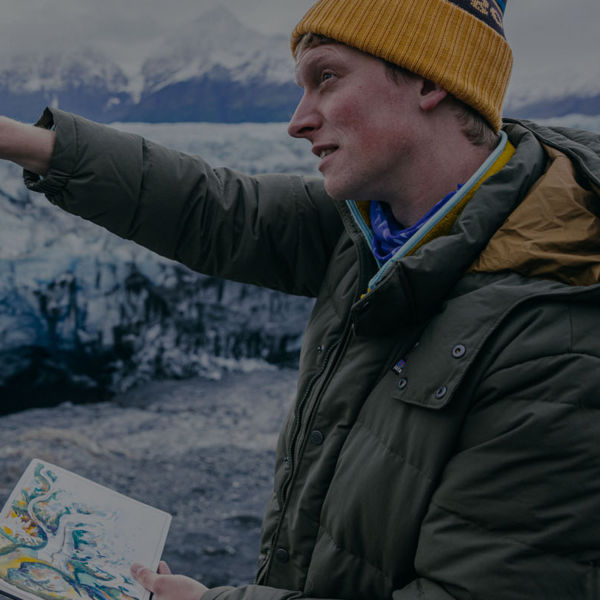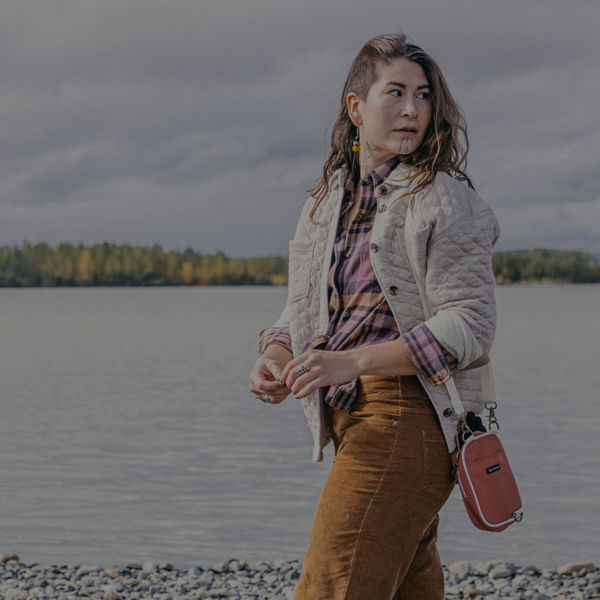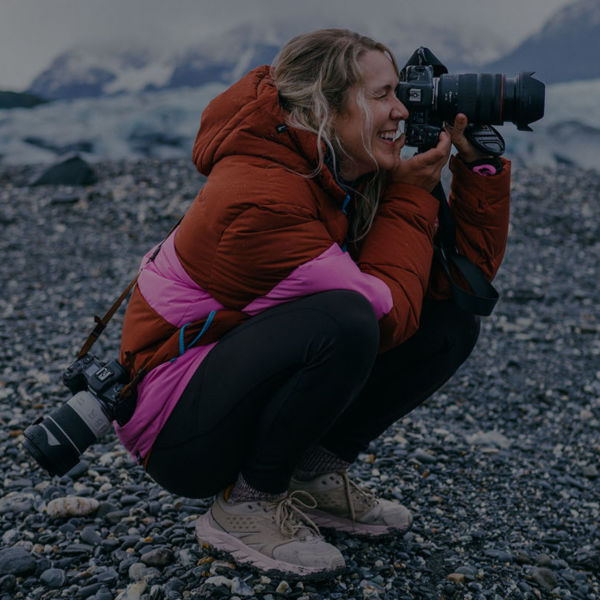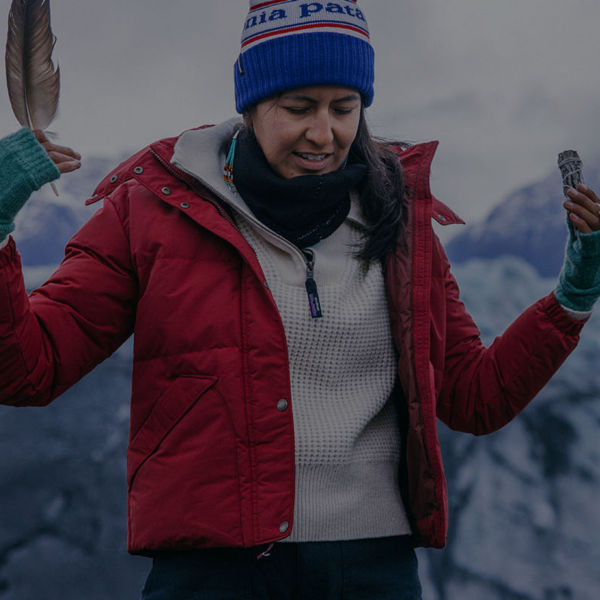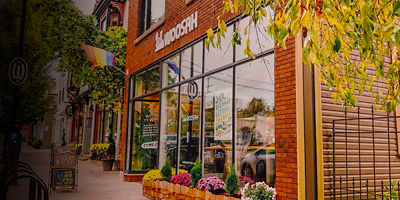
In the outdoors, “Everyone, everywhere, is welcomed.” That message is getting more mileage than ever now thanks to Black Folks Camp Too (BFCT), which is making a difference in the lives of millions by encouraging more people of color to get outside. Black Folks Camp Too’s mission is to remove fear, add knowledge, and—like its name suggests—to invite more Black folks to camp, too. The company’s core, operating belief is one of transformative conversion: Once Black folks become more active campers and begin enjoying the outdoor lifestyle, it will help break down barriers to build stronger ties within families, and to nature, plus increase unity in the outdoor community and beyond.
That’s the thinking from founder Earl B. Hunter, Jr., an experienced business leader recognized for his outgoing personality, work ethic, and non-traditional approach to building relationships. Heading BFCT draws upon his previous executive roles, especially his most recent at outdoor gear and RV manufacturer SylvanSport, where he grew the business from $1 million to $17.5 million in sales in four years, visiting RV dealerships and events across the country to spread the camping word. After getting the idea for BFCT while on a camping trip with his son, spawning his first outreach efforts to the RV industry, Hunter has since fostered partnerships with the Recreational Vehicle Industry Association’s Go RVing campaign, Tentrr, America’s State Parks, Leave No Trace and other outdoor brands such as Public Lands, Oboz Footwear, and Farm to Feet.
Public Lands caught up with Hunter between camp trips for more insight on his business helping more Black folks get outside.
On getting the idea from a camping trip:
The idea for Black Folks Camp Too was inspired in 2017 when Hunter took his 7-year-old son, Dillon, on a three-month camping trip across the U.S. and Canada, visiting 49 campgrounds in 20 states and provinces, visiting RV dealers as Vice President of Sales at Sylvansport. During that time, he says, they saw only one other Black family camping. He and Dillon were invited to visit Kampgrounds of America (KOA) headquarters in Montana, and he was featured in a RV Industry Association article as an outdoor leader “shaking up the RV industry” — highlighting his efforts to make businesses more inclusive of the African-American community. “That’s where the whole idea came from,” Hunter says of his camping trip with his son. “I didn’t see any Black folks enjoying the lifestyle and few working in the industry, which drove me to say, ‘Something has to change.’”
On the importance of the BFCT mission:
BFCT’s job, says Hunter, is to educate: “We’re not here to twist arms, we’re here to twist hearts,” he says. The education mission at Black Folks Camp Too is threefold. First off, the company wants to make sure outdoor industry leaders are educated on why many Black folks have not participated in the outdoor lifestyle. Next, the company assists the industry by creating more sincere, meaningful, measurable and sustainable solutions to educate more inexperienced consumers. But the company also works to educate what Hunter calls “the current lifestylers”—the predominantly white base that uses the outdoors regularly—on why Black people haven’t been using parks, trails and public lands. “Many of us have generational fear and lack of knowledge about the industry and the lifestyle,” Hunter explains. “My great-grandmother told my grandmother, who told my mother who told me, ‘You don’t belong in those woods…that’s where lynchings, cross burnings and intimidation took place.’” In addition to that generational trauma, Hunter says there’s another reason the outdoor recreation space is so white-dominated: “The industry never really invited or welcomed us.”



